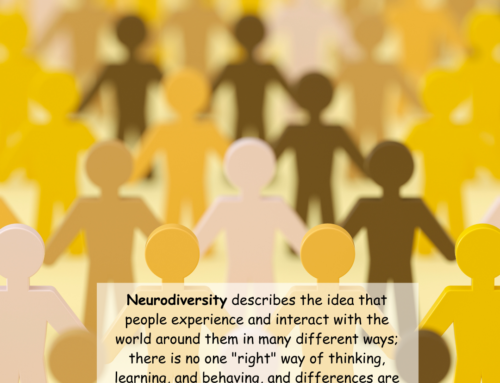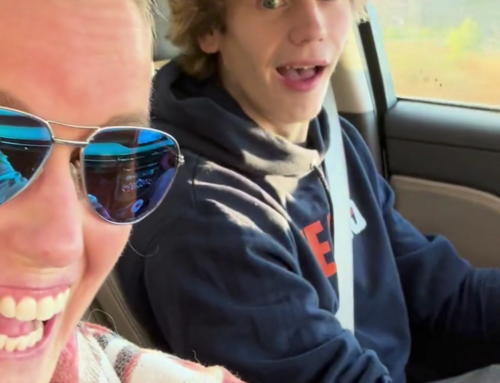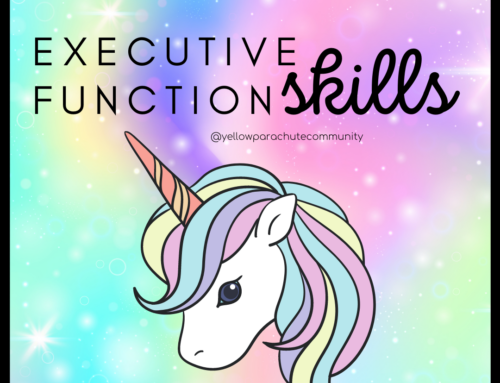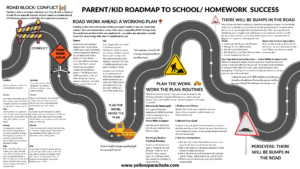There’s a myth in our society, that turning into a parent is like turning into a butterfly. You’re supposed to be transformed not just into “a mom” or “a dad,” but into MOTHER and FATHER. You’re supposed to be a warm hug and an all-seeing symbol. You’re supposed to be full of new rhythms and knowledge, ignited by your biology, your faith, or some combination of the two. But how many times have you woken to your life, relieved and terrified to find that you’re still you? Small and imperfect and reaching for answers?
As parents, it’s hard to admit to ourselves when we’re struggling, let alone to each other. We only want to show the world our smiling family, our beautiful birthday cakes, our hardcore half-marathon times. But shame isolates us, and isolation makes us lonely. That loneliness increases our shame, which increases our isolation, and on and on. Research shows that humans need social connection as much as food and water. It’s in our interest to be vulnerable.
Easier said than done. I have a fierce, knee-jerk tendency to don the superhero-mom cape every other minute: I’ve got this, I don’t need help, I can eat healthy food, sleep four hours, do the work of 100 people for my family AND rock a fresh cut of highlighted hair, sparkly toes, and a sporty outfit for every occasion. Oh, and be really fun and breezy too (Do you feel the fun?? Do you feel the breeze?!). And then I get sick. And grumpy. And lonely. And tired. And I vow never to put on the superhero cape again.
Lately, when I catch myself reaching for the cape, I try to ask: What power are you protecting? What shame is that cape hiding? I try to remember that whatever my shame is, I’m not the first and only parent to carry it in my heart. And if I’m brave enough to share my shame—with my husband, or a dear friend—I find I’m not alone. And when someone else can sit with you in your shame, without judging youor trying to fix it, that shame disappears.
Writer and researcher Brené Brown has found that even people with traumatic histories can live wholeheartedly. In other words, anyone, regardless of past wounds or present fears, can learn courage, vulnerability, and self-compassion. It’s these qualities that let us form deep, judgement-free connections with partners, friends, and family, and let us model for our kids that their worthiness is not tied to their successes.
Of course, sharing our imperfections as people and as parents, and our shame around these imperfections, opens us up to rejection and heartbreak. It takes time to find the people we can trust with with our shame, and even those dearest to us can make mistakes that hurt us when we’re vulnerable. But as Brené Brown says, “Our capacity for wholeheartedness can never be greater than our willingness to be broken-hearted.”
It’s so important to let our kids see that we love and value ourselves, even when feel we’re falling short. Sometimes practicing this self-compassion means taking time for self-care, or asking for help. We can sit with our kids at the kitchen table every night, working through math homework and reviewing spelling tests. We can coach the soccer team, and run the Girl Scout troop, and make sure they practice their violin.
But if we let our community help challenge and educate our kids, would we have more energy to love and support them? Would we be calmer and kinder parents if we did less and connected more?
#brenebrown #parenting #vulnerability
– Cara
Founder & CEO
Yellow Parachute Learning Partners








